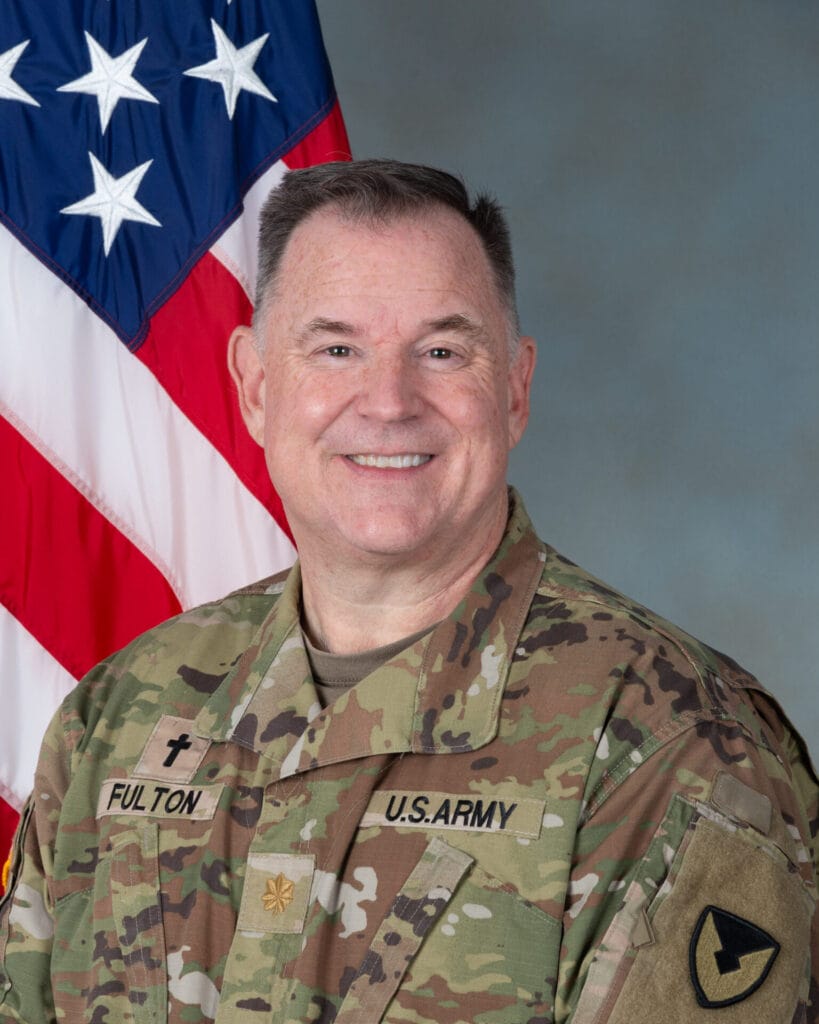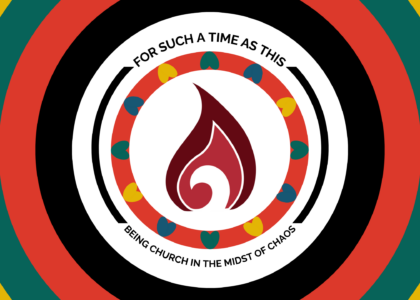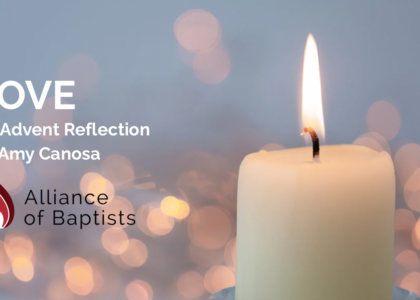by Don Fulton
From a chapel in Bagram, Afghanistan—scarred by recent indirect fire—I made a life-changing call: to begin a new chapter of ministry with the Alliance of Baptists. While I am grateful for my time with the Southern Baptist Convention (SBC), I knew it was time for a change. That deployment gave me a close, unfiltered look at war’s reality. I witnessed the toll it takes on people—too many memorial ceremonies, too many death notifications. War is often glorified, but its devastation is rarely fully seen.
As an Alliance-endorsed chaplain for the past thirteen years, I’ve had the privilege of ministering to soldiers, family members, and DoD civilians. In the Chaplain Corps, we distinguish between unrestricted and restricted chaplains. As an unrestricted chaplain, I am free to provide ministry to all without limitations. Restricted chaplains, such as those endorsed by the SBC, face policies that prevent them from counseling same-sex couples, participating in joint services with affirming or female chaplains, or offering relationship training to inclusive groups. I’ve led numerous Strong Bonds sessions—relationship enrichment trainings—on behalf of colleagues who were restricted. Thanks to the Alliance, these soldiers received the care they needed.
At one assignment, I was the only unrestricted chaplain on post. This kept me busy, as many restricted chaplains referred soldiers to me for counseling they couldn’t provide. Thanks to the Alliance, those soldiers didn’t fall through the cracks—they received proper, compassionate support.
Military chaplaincy is a unique and multifaceted calling. We serve as chaplains, pastors, and staff officers. In chapel services, we preach, lead, and build community—creating inclusive spaces where everyone is welcome. Many soldiers hesitate to attend chapel, but inclusive services make a difference. During a rotation in Kuwait, another Alliance-endorsed chaplain, Megan Joyner, launched an open and affirming service. That service existed because of the Alliance’s commitment to inclusivity.
As staff officers, chaplains advise commanders on morale, ethics, and religious matters. Ultimately, I report to the unit commander and help implement the religious program. It’s a privilege and responsibility: ensuring every soldier’s First Amendment right to religious freedom. We ensure halal meals for Muslim soldiers in the field, and provide wood for pagan soldiers’ sacred fires. Because of the Alliance, there are chaplains who champion and protect the religious freedom of all service members.
At Fort Hood, I served as the Chaplain Resource Manager, overseeing both donated and appropriated funds for religious support. I worked to ensure equitable support for all chapels—regardless of theology. It was a season of growth, stretching my ability to advocate for a variety of beliefs. One of the biggest challenges? Finding a Rabbi in Central Texas during the High Holy Days. It wasn’t easy!
These stories reflect the tangible difference Alliance-endorsed chaplains make. By prioritizing inclusion, they protect religious liberty and care for those at the margins. In Matthew 25, Jesus says, “And the King will say, ‘When you did it to one of the least of these my brothers or sisters, you were doing it to me.’”
May we continue to serve the least of these with compassion, courage, and conviction.
Pro Deo et Patria,
Chaplain (Major) Donald Fulton

Don Fulton is an alliance-endorsed chaplain currently attending the Family Life Training program in Fort Cavazos, Texas. After graduating from the program with a marriage and family therapy degree, he will serve as a family life chaplain in Wiesbaden, Germany. Don and his spouse, Bobby, currently live in Killeen, Texas, with their two dogs, Romeo and Madison.
To learn more about endorsement as a military chaplain through the Alliance of Baptists, click HERE.





Recent Comments